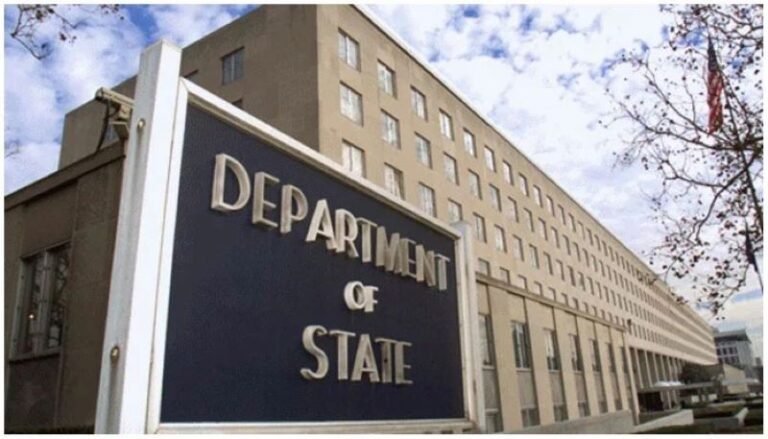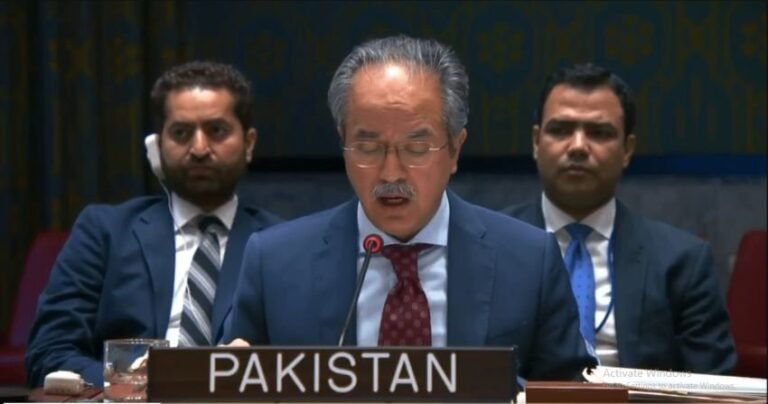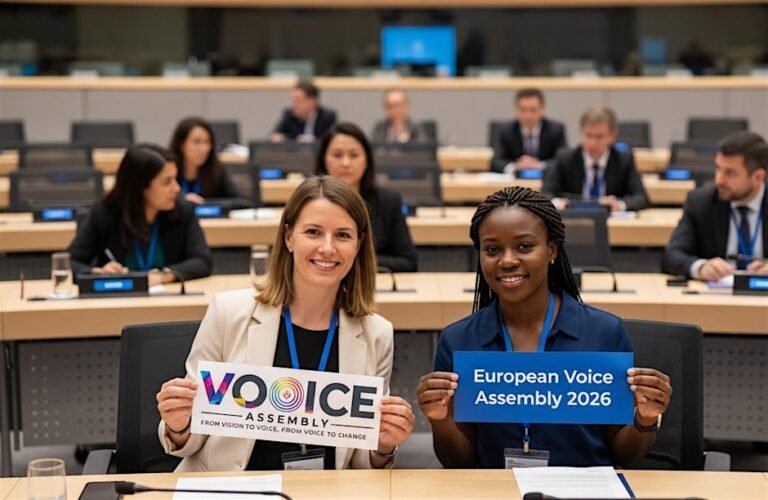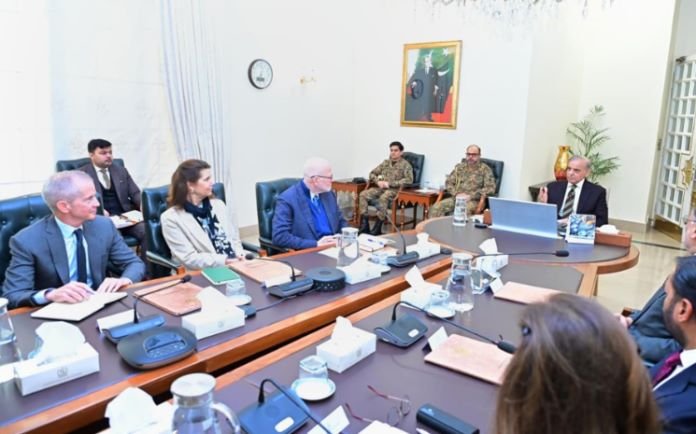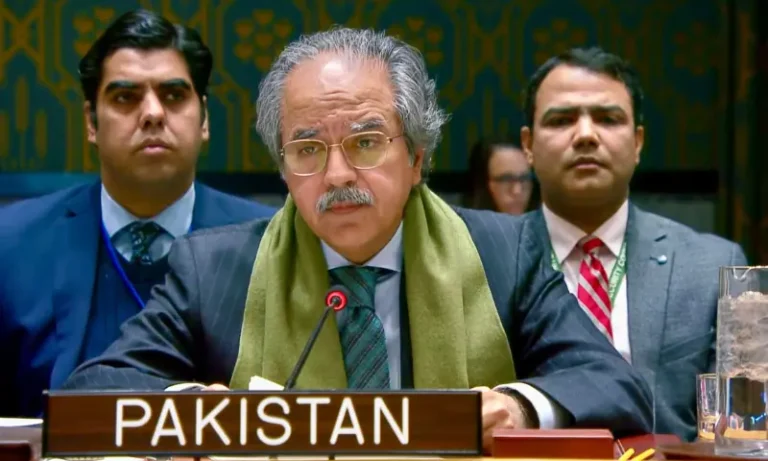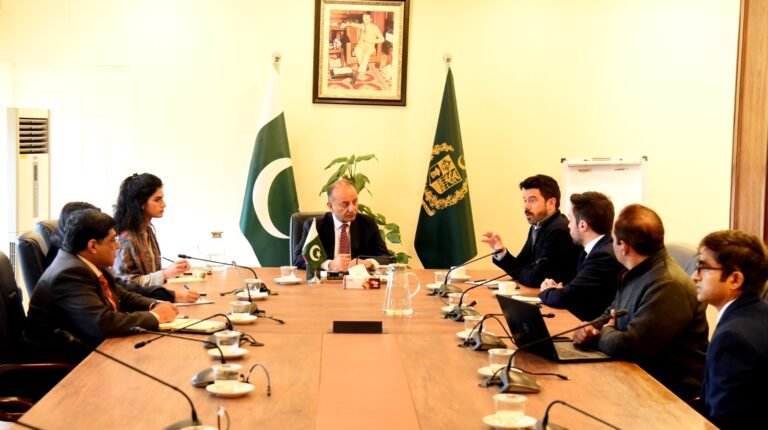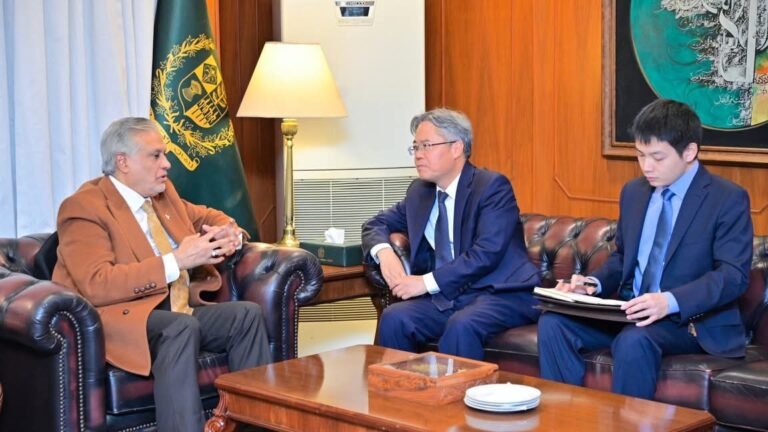Islamabad, 24 January 2022 (TDI): The government of Pakistan has composed the first-ever National Counter Violent Extremism Policy of Pakistan (NCVEP) through the National Counter-terrorism Authority (NACTA).
NACTA is in the process of developing National Counter Violent Extremism Policy (NCVEP). The draft has been shared with all the stakeholders for their views and comments. #Nacta4Peace @GovtofPakistan @PakPMO @RadioPakistan pic.twitter.com/tCsL51HW43
— NACTA (@NACTAPK) January 14, 2022
Even though it is still under review, the policy document is broadly developed and encompasses issues that were formerly deemed controversial, hence mostly left ignored. One such example is the necessity to regulate mosques and stop the misuse of the pulpit by imams, zakirs, priests, gurus, etc.
Pakistan has been off and on subjected to a string of criminal incidents in recent years, domestically. To counter such violent extremism the policy has been much needed. As per the policy, extremism is defined as using violence as a tool to propagate social, political, economic, or ideological objectives.
The document underscores that the statements given by the abovementioned religious leaders must generate positivity and must be without any and every sectarian, political, and violent extremism connotations.
This decree will be applicable to the representatives of every religion. Aside from that, the National Counter Violent Extremism Policy of Pakistan also recognizes the role of arts, sports, film, as well as cultural activities to counter extremist activities.
In addition, it encourages creative art and education to be taught in schools, and more inter-faith and cultural events to be held to promote inter-faith harmony. Consequently, such actions will help to identify the root causes of violence and extremism in adolescents along with offering suitable solutions.
Furthermore, the policy also advocates for some ambitious steps which include the installation of devoted counter-violent extremism units to facilitate modifications in the legal policy framework with reference to extremism. Besides, the local governments will keep a check on sermons delivered by religious leaders.
I'm a detail-oriented, problem-solving, persistent multitasker. Having a magna cum laude MSc. in Strategic Studies from National Defense University, Pakistan, I believe in peaceful discourse & dialogue and have built my interest in nontraditional security threats.
I am an experienced writer with a primary focus on public policy, environmental security, nuclear strategy, and geopolitics!
- Zubeda Anjum Niazi
- Zubeda Anjum Niazi
- Zubeda Anjum Niazi
- Zubeda Anjum Niazi





